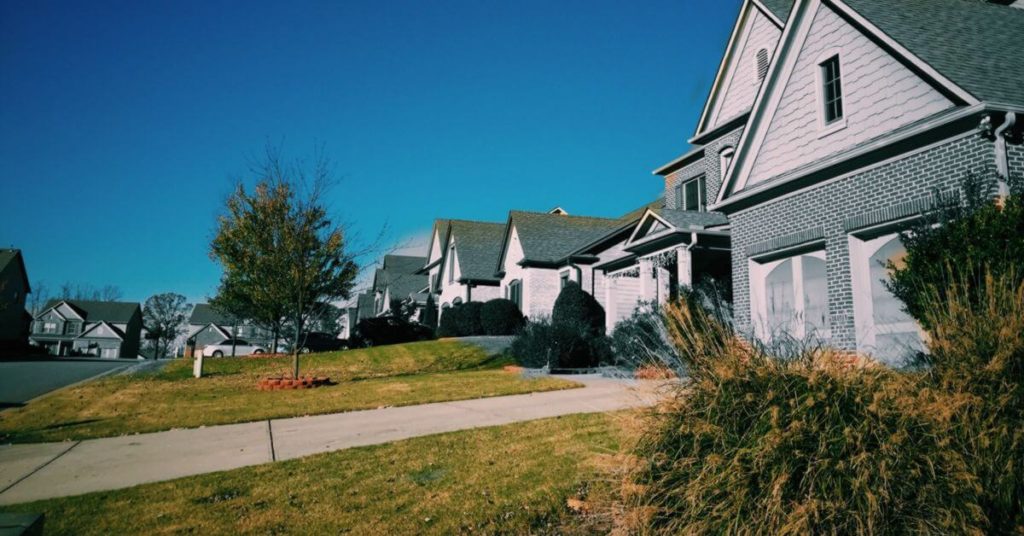
Like other types of coverage, home insurance premiums aren’t calculated based on a “one-size-fits-all” formula. Certain factors can affect your rates. Here are six to consider.
1. Age and Materials of Your Home and Roof
Rain, hail, and other weather elements can take their toll on our homes over time. Additionally, the roof and other parts of the exterior deteriorate through the years. As your home ages, you may see your premiums increase to account for the likelihood of higher repair and replacement costs. Keep in mind that remodeling your home can increase your premiums too, because you may need additional insurance to cover the upgrade in case of loss or damage, such as a fire.
2. A Home-Based Business
Operating a business out of your home may lower costs associated with overhead and the daily commute to work, but it may require you to pay more for coverage. While your homeowner’s policy gives you some protection for liability and property damage, it probably will not cover all the equipment you need for your business. It also may not offer full protection if a customer is injured on your property. Consider supplementing your homeowner’s insurance with a business policy.
3. Home Security Features
Upgrading your home security system can give you peace of mind in more ways than one. Not only does it safeguard your home and property against intrusion and theft, but it can also lower your premiums. Replacing old locks and installing a monitored security system will incur additional up-front costs, but can save you money on premiums in the long-run.
4. Potential Safety Hazards
If the family dog happens to come from a breed that’s considered aggressive, you may see that reflected in your premiums. That’s because the majority of dog bites occur on the homeowner’s property, and account for one-third of liability claims. Additionally, pools and trampolines (sometimes referred to as attractive nuisances), can also impact insurance premiums. While they’re a source of family fun, they’re also associated with increased liability.
5. Your Claim History
If you’ve ever been in an accident or have otherwise sustained damage to your vehicle that led you to file a claim, you probably saw your auto insurance premiums go up. Homeowner’s policies work in much the same way. Prior claims can cause you to be seen as a risk to your insurer, who may raise your rates, drop you altogether, or refuse to renew your policy.
6. Wood-Burning Stoves
Wood-burning stoves are a great stand-in when the furnace gives out, but they may increase the amount your insurer expects you to pay for coverage. However, having one of these in your home doesn’t automatically affect your rates. You may be able to avoid higher costs if you can provide documentation showing that a licensed contractor installed the stove and that it meets residential building code standards.
To keep tabs on your premiums, it’s wise to review your policy every year to make sure it’s meeting your needs. You can also ask your insurer about discounts or bundling policies to reduce costs.
